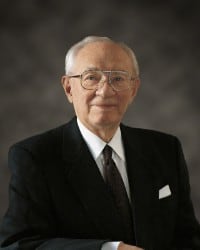
LDS Quotes on Education

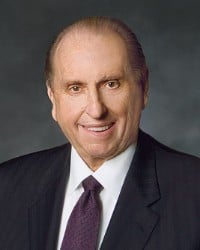
“I hope that you are not afraid of tough classes. I never did have a ‘cinch’ class. … You simply have to apply yourself. I hope that you want to be so well equipped that you can compete in this competitive world. I hope that you will learn to take responsibility for your decisions, whether they be in your courses of study which you elect to take, or whether they be in the direction of the academic attainments which you strive to achieve.
“My young brothers and sisters, don’t take counsel of your fears. Don’t say to yourselves, ‘I’m not wise enough, or I can’t apply myself sufficiently well to study this difficult subject or in this difficult field, so I shall choose the easier way.’ I plead with you to tax your talent, and our Heavenly Father will make you equal to those decisions.”
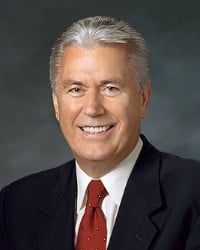
“Joseph Smith loved learning even though he had few opportunities for formal education. In his journals, he spoke happily of days spent in study and often expressed his love of learning. Joseph taught the Saints that knowledge was a necessary part of our mortal journey, for “a man is saved no faster than he [gains] knowledge,” and that “whatever principle of intelligence we attain … in this life, it will rise with us in the resurrection.” During challenging times, it is even more important to learn. The Prophet Joseph taught, “Knowledge does away with darkness, [anxiety], and doubt; for these cannot exist where knowledge is.”
| "Two Principles for Any Economy", Ensign, Nov 2009, 55–58
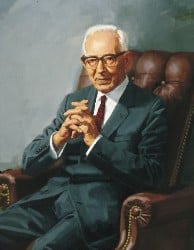
“Everyone should learn something new everyday. You all have inquiring minds and are seeking truth in many fields. I sincerely hope your greatest search is in the realm of spiritual things, because it is there that we are able to gain salvation and make the progress that leads to eternal life in our Father’s kingdom. The most important knowledge in the world is gospel knowledge. It is knowledge of God and his law, of those things that men must do to work out their salvation with fear and trembling before the Lord.”
| Ensign, May 1971, pp. 2-3
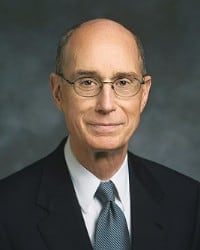
“The Lord and His Church have always encouraged education to increase our ability to serve Him and our Heavenly Father’s children. For each of us, whatever our talents, He has service for us to give. And to do it well always involves learning, not once or for a limited time, but continually.
“It is also clear that spiritual learning would not replace our drive for secular learning. The Lord clearly values what you will find in that history book. And He favors not only Spanish verbs but also the study of geography. His educational charter requires that we have “a knowledge also of countries and of kingdoms” (D&C 88:79). There is also an endorsement for questions we study in the sciences. It is clear that putting spiritual learning first does not relieve us from learning secular things. On the contrary, it gives our secular learning purpose and motivates us to work harder at it…Remember, you are interested in education, not just for moral life but for eternal life.
“Part of the tragedy you must avoid is to discover too late that you missed an opportunity to prepare for a future only God could see for you.”
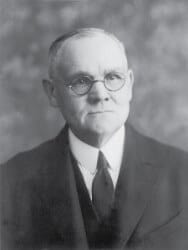
The man who cannot listen to an argument which opposes his views either has a weak position or is a weak defender of it. No opinion that cannot stand discussion or criticism is worth holding. And it has been wisely said that the man who knows only half of any question is worse off than the man who knows nothing of it. He is not only one sided, but his partisanship soon turns him into an intolerant and a fanatic. In general it is true that nothing which cannot stand up under discussion and criticism is worth defending.

“Beyond our study of spiritual matters, secular learning is also essential. Often the future is unknown; therefore, it behooves us to prepare for uncertainties. Statistics reveal that at some time, because of the illness or death of a husband or because of economic necessity, you may find yourself in the role of financial provider. Some of you already occupy that role. I urge you to pursue your education—if you are not already doing so or have not done so—that you might be prepared to provide if circumstances necessitate such.
“Your talents will expand as you study and learn. You will be able to better assist your families in their learning, and you will have peace of mind in knowing that you have prepared yourself for the eventualities that you may encounter in life.”
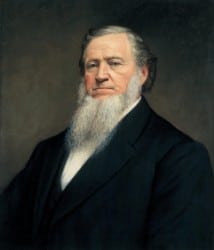
“You educate a man; you educate a man. You educate a woman; you educate a generation.”
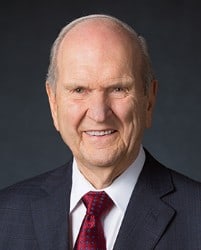
“Education is the difference between wishing you could help other people and being able to help them.”
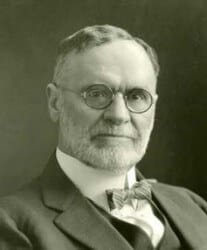
“No pain that we suffer, no trial that we experience is wasted. It ministers to our education, to the development of such qualities as patience, faith, fortitude and humility. All that we suffer and all that we endure, especially when we endure it patiently, builds up our characters, purifies our hearts, expands our souls, and makes us more tender and charitable, more worthy to be called the children of God … and it is through sorrow and suffering, toil and tribulation, that we gain the education that we come here to acquire and which will make us more like our Father and Mother in heaven.”